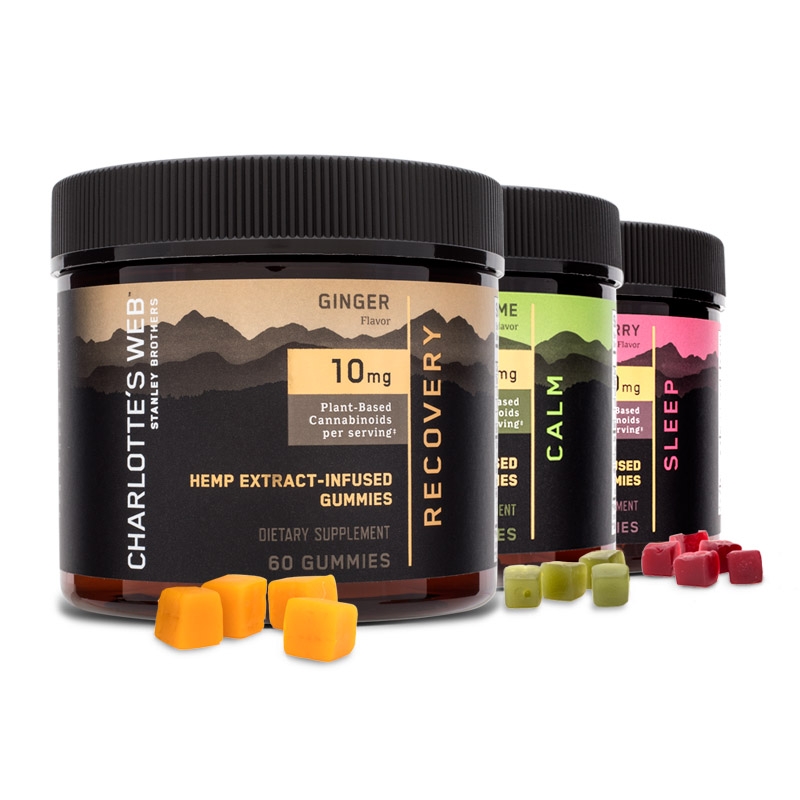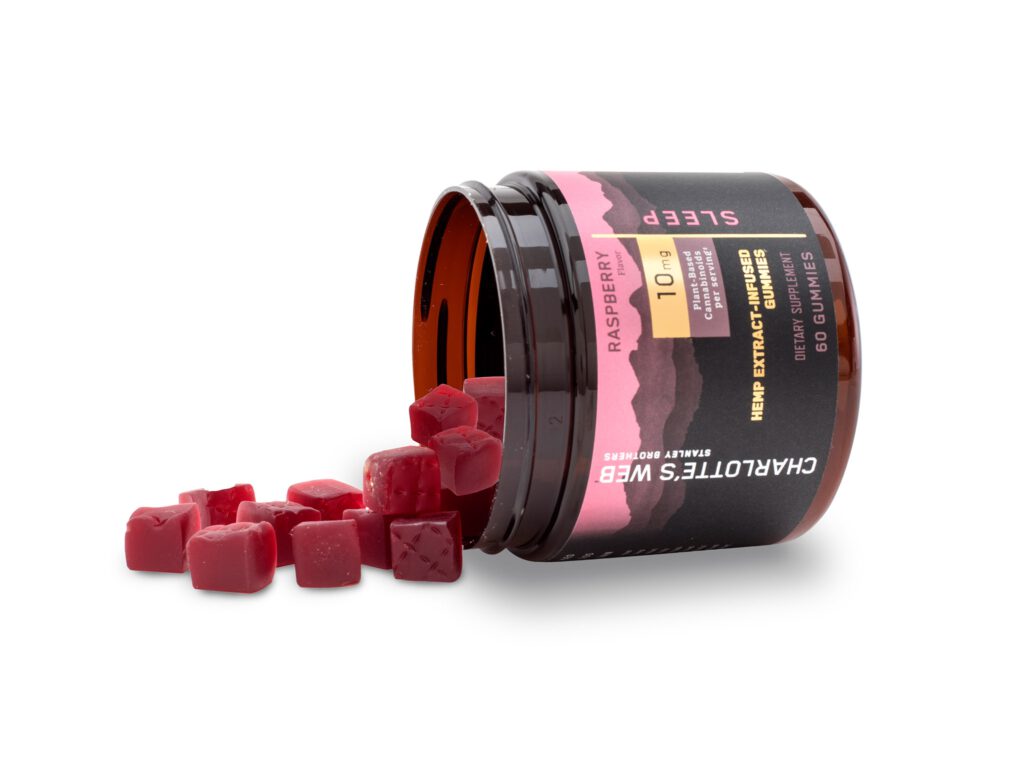This article by Taylos Mclamb was originally published on Cannabis & Tech Today, and appears here with permission.
The uncertainty of the pandemic has forced many people to be more health-conscious and aware of what they’re putting into their bodies.
Being healthy is so much more than just vigorously washing your hands — although that doesn’t hurt.
It’s also being mindful of the hidden chemicals or pesticides that we eat, drink, and even smoke.
While cannabis has been deemed essential due to all its healing, medicinal qualities, it’s important to research how your cannabis was cultivated.
But, how does one determine if what they’re smoking is actually organic or just more corporate greenwashing?
Consumer-Friendly Recognition
Adam Duke, director of operations for the Midwest Sustainable Sungrowers Association and a Cannabis Certification Council board member, said unlike organic produce at a grocery store, it’s often a challenge for people to differentiate between organic and nonorganic cannabis.
“When polled, most people believe what they are consuming is organic and natural. They have no clue it’s been grown in a synthetic fiber, it has been fed with waste products, basically from chemical manufacturing and weapons manufacturing, the ammonium, the nitrates, are byproducts of bombs, and it’s full of salts,” said Duke.
Duke emphasizes the point of having an organically-grown certification is to provide a baseline for people to have recognition of what is organically grown, whether it was sustainable or not, versus something that’s completely synthetic.
The Cannabis Certification Council (CCC) created a thorough organic standard for indoor, greenhouse, and outdoor cannabis production.
The “Organic Grown Cannabis Standard” is designed as the baseline organic standard for legal commercial cannabis producers around the world.
The CCC is also creating a unique seal that will be easy for consumers to identify in retail environments, which may help deter fraud in the marketplace.
Duke said the CCC also plans to add value to some of the other certifications that already exist, such as Kind Bud, Sun+Earth, and Clean Green Certified.
Unfortunately, those aren’t as easy to identify in the marketplace.
Organically grown, however, is familiar.
It’s a phrase consumers will recognize.
“I think, in light of the circumstances of the world and how things have changed since March, people are going to pay more attention to what they are doing and what they are consuming,” said Duke. “It’s only a natural progression that people are going to start asking more questions regarding what they’re consuming and if they’re really going to trust the producers they’ve been relying upon, or whether they should seek something that aligns a little bit more with their values.”
Rigorous Organic Certification Process
Green Gorilla is an example of a company in the cannabis industry that prioritizes the importance of transparency with their consumers.
The company is pioneering the certified-organic hemp space.

Dr. Av Singh. Photo courtesy of Green Gorilla.
They recently announced that their massive, 1,474-acre farm in Arizona has been certified as USDA Organic.
They went through a rigorous process to achieve the sought-after organic certification, which included on-sight inspection, a full review of farm activities, and a comprehensive verification of their inputs to ensure compliance.
Gorilla FarmCo’s farm activities are currently being overseen by Av Singh, PhD.
He’s consulted various farms around the world about their sustainable and organic practices.
With the help of Dr. Singh, Gorilla FarmCo has sustainably irrigated its land and established regenerative soil practices through the use of organic cover crops while using and conserving pure water sourced directly from aquifers on its land.

Green Gorilla Founders Sir Steven Saxton and Katherine Guevara Saxton. Photo courtesy of Green Gorilla.
Sir Steven Saxton, CEO and founder of Green Gorilla, said the development of their own farm and planning to support the increased sales and manufacturing of their CBD products was a growing process, both literally and figuratively.
“We have been able to prove ourselves through successful test crops and by ensuring every step we take is done with USDA organic standards in mind,” said Saxton. “Farming organically and sustainably not only makes our farm-grown organic hemp a premium, but it also helps our company be environmentally friendly”.
Taking Care of the Planet
Cultivating clean, organic hemp goes hand-in-hand with sustainability.
Charlotte’s Web Senior Vice President of Government Affairs & Corporate Communications Kelly Shea, utilizes her years of experience working with agriculture and sustainability to further implement organic and non-GMO hemp farming.

Photo courtesy of Charlotte’s Web.
Charlotte’s Web, well-known for their trusted hemp-extracts, employs organic methods throughout their farms, with over half of their 2019 harvest receiving organic certification.
“This is a product that people ingest and put into their bodies, you don’t want to be adding any sort of pesticide load or toxic load in somebody’s system. You want the cleanest, best products you can provide,” said Shea. “And from a sustainability perspective, that really is about taking care of the health of farmers, reducing the amount of toxins, pesticides, and herbicides that they or their families would be near. It’s also about taking care of the planet.”
Earlier this year, Charlotte’s Web earned their B-Lab’s B Corporation Certification, which was a huge milestone for the company.
Receiving an official B-Corp status will allow Charlotte’s Web to further expand the company’s commitment to transparency and accountability.

Photo courtesy of Charlotte’s Web.
According to their website, this includes practicing regenerative agriculture to build healthy soils, employing organic practices, and offering packaging designed for zero environmental impact.
“At Charlotte’s Web, we’re all about figuring out how to dial up the trust in hemp products, which is why a large part of my job, in addition to corporate social responsibility and communications, is government relations. At Charlotte’s Web, we’re really about advocating for very specific regulations for our hemp CBD industry,” said Shea. “We believe it’s critical to invest in sound and peer-reviewed science. If you look at our products and see the QR code, you can click it and it’ll take you to a very transparent list of all the tests that we do on our products, just so that people can have that trust in what they’re consuming.”
There are so many beneficial properties of the cannabis plant.
It can help people relax, alleviate pain, and calm anxiety.
For some, cannabis is literally a life saver.
With that in mind, it’s important to nurture the environment, and protect those relying on the plant as medicine, by implementing sustainable, organic practices.
If you have any questions about sustainable farming practices or want to know “what’s in your weed,” make sure to check out the Cannabis Certification Council’s website for more information.
Read the original Article on Cannabis & Tech Today
Benzinga's Related Links:
© 2025 Benzinga.com. Benzinga does not provide investment advice. All rights reserved.
Trade confidently with insights and alerts from analyst ratings, free reports and breaking news that affects the stocks you care about.
Cannabis is evolving – don’t get left behind!
Curious about what’s next for the industry and how to leverage California’s unique market?
Join top executives, policymakers, and investors at the Benzinga Cannabis Market Spotlight in Anaheim, CA, at the House of Blues on November 12. Dive deep into the latest strategies, investment trends, and brand insights that are shaping the future of cannabis!
Get your tickets now to secure your spot and avoid last-minute price hikes.